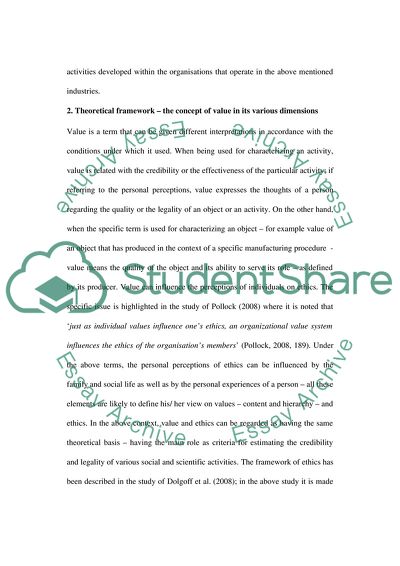Cite this document
(The Value of Standards and Ethical Procedures for Sport, Leisure & Tou Literature review, n.d.)
The Value of Standards and Ethical Procedures for Sport, Leisure & Tou Literature review. Retrieved from https://studentshare.org/tourism/1731015-essay-the-value-of-codes-of-practice-standards-sustainable-approaches-and-ethical-procedures-for-sport-leisure-tourism-organisations
The Value of Standards and Ethical Procedures for Sport, Leisure & Tou Literature review. Retrieved from https://studentshare.org/tourism/1731015-essay-the-value-of-codes-of-practice-standards-sustainable-approaches-and-ethical-procedures-for-sport-leisure-tourism-organisations
(The Value of Standards and Ethical Procedures for Sport, Leisure & Tou Literature Review)
The Value of Standards and Ethical Procedures for Sport, Leisure & Tou Literature Review. https://studentshare.org/tourism/1731015-essay-the-value-of-codes-of-practice-standards-sustainable-approaches-and-ethical-procedures-for-sport-leisure-tourism-organisations.
The Value of Standards and Ethical Procedures for Sport, Leisure & Tou Literature Review. https://studentshare.org/tourism/1731015-essay-the-value-of-codes-of-practice-standards-sustainable-approaches-and-ethical-procedures-for-sport-leisure-tourism-organisations.
“The Value of Standards and Ethical Procedures for Sport, Leisure & Tou Literature Review”. https://studentshare.org/tourism/1731015-essay-the-value-of-codes-of-practice-standards-sustainable-approaches-and-ethical-procedures-for-sport-leisure-tourism-organisations.


